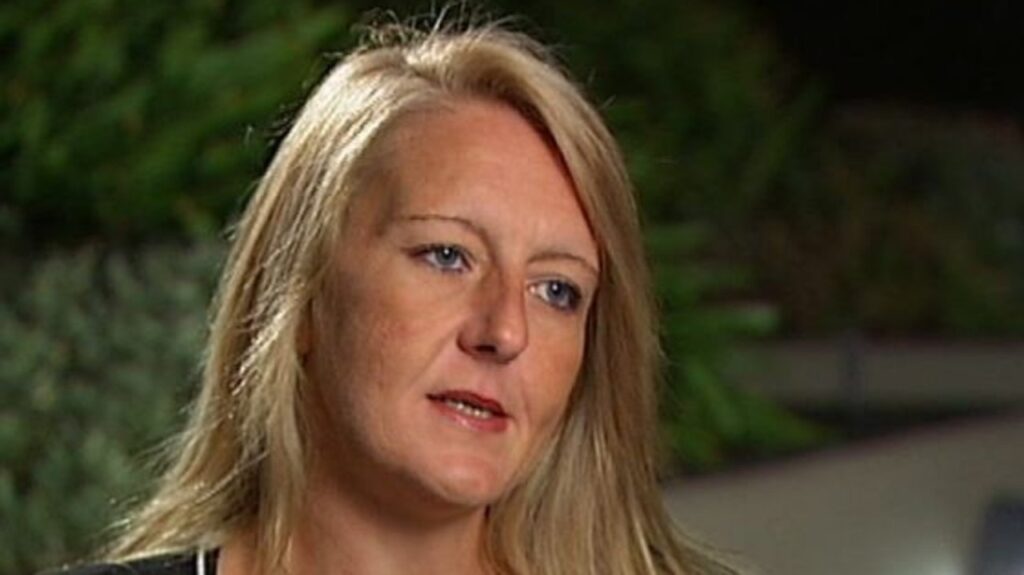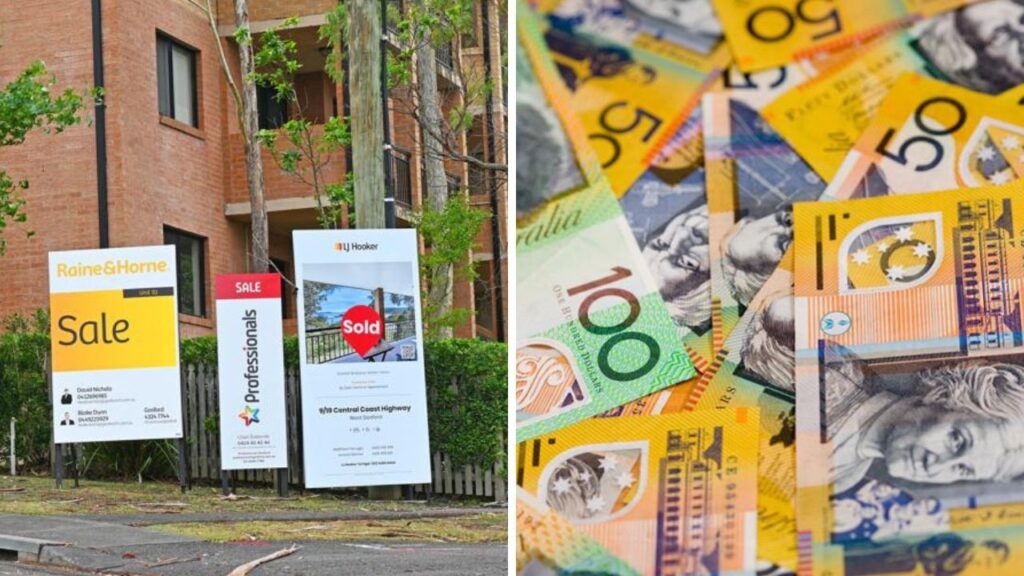Aussies express anger as Gloria Jean’s stores go cashless
Written by admin on September 3, 2024
Some Gloria Jean’s stores are going cashless.
From September 11, the company will no longer accept cash at the cafes it owns.
“We believe that going cashless will not only create a safer environment for our staff but also streamline operations, allowing us to serve our customers more efficiently,” a spokeswoman for owner Retail Food group told Nine News.
“The vast majority of Gloria Jean’s outlets are owned and operated by our valued franchise partners who set their own policies regarding cash handling.”
news.com.au has contacted the company for comment.
A picture of a sign seen at one store notifying customers of the change was shared to a local community Facebook group and met with outrage.
People claimed they would boycott the Melbourne store as a result.
“Looks like they will also be going customerless,” quipped one man.
“Not getting my business and what happens when the internet goes down?” wrote one woman.
“Is it free when the internet is down?” said another.
“Bad business. Hope this ends bad, man,” wrote someone else.
“I’ll not get coffee there. Plenty places who still take cash. Sick of all the added surcharges added to each transaction,” added another Melburnian.
According to the Australian Competition and Consumer Commission website, a business does not have to accept cash but if there is no way for a consumer to pay without paying a surcharge, the business must include the surcharge in the displayed prices for the product.
Dr Angel Zhong, an associate professor of finance at RMIT, previously told news.com.au Australia was leading the way globally on going cashless.
“We have surpassed the US and Europe in the adoption of digital payments,” she said. “We are also the birthplace of large scale buy now pay later services, such as Zip and Afterpay.”
The Reserve Bank of Australia says the Covid pandemic accelerated decline in cash use.
Only around 13 per cent of payments were made using cash in 2022, according to the RBA’s consumer payments survey.
Dr Zhong said this was a stark contrast to 70 per cent in 2007.
“The use of digital wallet payments on smartphones and watches has soared from $746 million in 2018 to over $93 billion in 2022,” she added.
Dr Zhong explained that even people who don’t use cash can be concerned about moving towards a cashless society for reasons including privacy concerns, security risks and dependency on technology.
More Coverage
Research from payments technology company Waave found earlier this year that seven in 10 Aussies are concerned, while two in five Aussies are extremely concerned about notes and coins becoming relics.
However, Dr Zhong predicts a “functionally” cashless society in Australia by 2030 due to consumer preferences.
She explained in a functionally cashless society, the percentage of cashless payments will be over 90 per cent, making cash payments rare.







